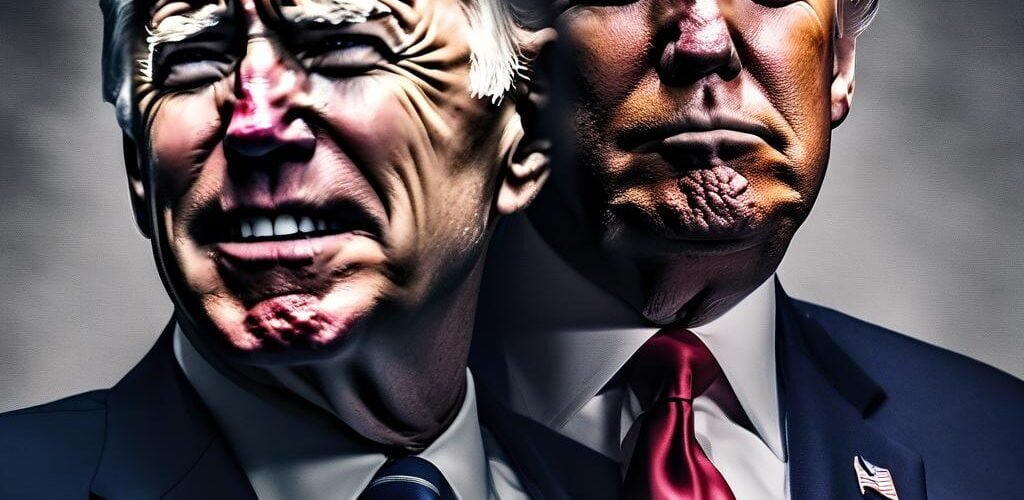The legal arena often presents a tumultuous battleground, with significant events like the tumultuous Georgia election interference case offering a glimpse into the complexities of the American political landscape.
The lawsuit against former President Donald Trump is a case in point. Despite some charges facing dismissal on Wednesday, a substantial number of other counts in the indictment still stand.
The case is presided over by Fulton County Superior Court Judge Scott McAfee. In his order, he mentions the need to quash six of the counts raised in the indictment, three of which are against Trump, who is officially the Republican presidential nominee in the 2024 elections.
Yet, this order does not bring the legal battle to a halt. The charges still standing warrant scrutiny, and the possibility for prosecutors to seek a new indictment on the dismissed charges still exists.
The six contested charges revolve around the act of soliciting elected officials to violate their respective oaths of office.
Two of these charges are directly connected to the memorable phone call made on Jan. 2, 2021, by none other than Trump himself. His conversation, in this instance, was with Georgia Secretary of State Brad Raffensperger, offering an illustration of how even fellow Republicans were not exempt from the former President’s alleged attempts to manipulate the political balance of power.
The indictment paints Trump alongside eighteen other accused individuals as conspirators in an elaborate ploy to overturn the result of the 2020 election in Georgia, an election which saw the Democratic candidate Joe Biden emerge victorious.
Despite these serious allegations, Trump maintains innocence, issuing a plea of not guilty.
Indeed, the intrigue of this case extends beyond the legal parameters of prosecution and defense. It also touches on the concurrent consideration by Judge McAfee of a bid put forward by the defendants.
While the specific elements of this bid remain undisclosed, it reinforces the constantly evolving landscape of this case and the wider political terrain within which it operates.
This case serves as a potent reminder of the grave implications of election interference and signals a growing need for transparent legal processes in safeguarding democratic values.
These contested charges against former President Trump illustrate the evolution of American politics, where even the highest offices are not beyond scrutiny when it comes to violations of power dynamics within the electoral process.
It remains to be seen how the defendants will react in the face of the remaining charges, and how the prosecution will wield the possibility of a new indictment against the dismissed counts.
Nonetheless, the Georgia election case shines a spotlight on America’s election politics, highlighting the delicate intersection of law, ethics, and power in shaping the future of the nation.
The Georgia election interference case underscores the criticality of judicial oversight and impartiality in upholding the sanctity of democratic processes.
Despite the dismissal of some charges against President Trump, the existence of remaining counts signifies the gravity of the allegations.
Further legal proceedings will no doubt continue to open up revelations about the compelling case and potentially impact the nation’s political trajectory.
